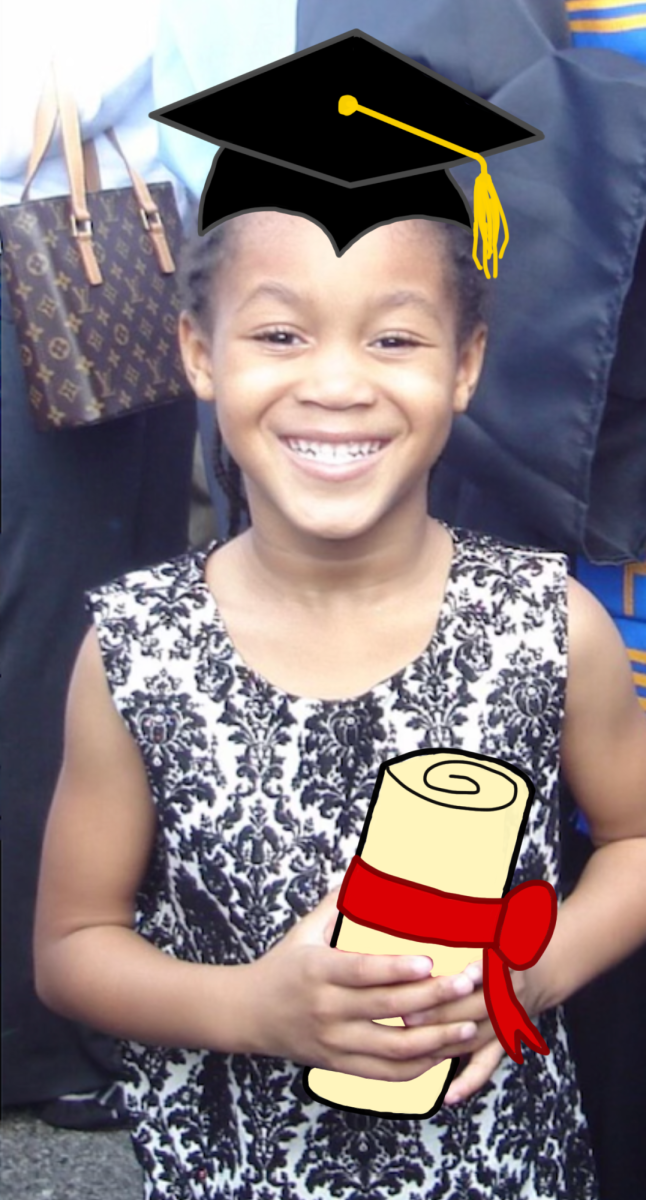Why do we read? Why parse laborious literature by old and foreign writers like Tolstoy and Dostoyevsky? Why open Lolita or Reading Lolita in Tehran? Are we reading to join an elite membership of the “cultured”? To pass a class? To show off at cocktail parties? Is our reading marked by a utilitarian pursuit of facts, or by care for reflection, pleasure, inquiry, and development?
In A Simple Story by Shai Agnon, the protagonist Blume is told by her father Hayyim before his death, “I know that I won’t be leaving you any riches. But at least I’ll have taught you how to read a book. No matter how black your life may be, you can always find better ones in books.” Prima facie, Hayyim captures the magic of books. But, drenching these words in irony, the novel itself does not end “happily ever after,” thus disqualifying itself as a “better life” the reader can vicariously experience.
There have been times in my life when I’ve identified with Hayyim. When I felt my books were friends, that my bookshelf was my medicine cabinet—that people would come and go, but that the stories I read would always remain. Yet Agnon may be telling us otherwise—that we don’t read to escape our lives for better ones in books, but that we read to live a better life when we close them.
Reading allows us to grow from situations sans the actual experience. You can learn how to deal with a breakup without the pain of going through one; see the perils of racism, the tendencies of groupthink, or the banality of evil without joining the Nazi Party. In a sense, books are case studies for life.
But many a Nazi was well-read. And your kind, socially intelligent friends aren’t always the ones who read the most Austen and Joyce.Perhaps the key is not how much or what you read, but how you read it. If you’re looking to pick up as many plots and arcane references as possible, you will probably just improve your score on a literary BuzzFeed quiz. But if you’re exploring beyond the text, playing with it, challenging it, tasting it, reading between its lines, and applying the messages you discover to real-life scenarios, then you’ve unlocked the magic of literature connecting us to ourselves and others.
I’ve learned this from the Jewish hermeneutical tradition, in which each word of the Bible and Talmud is dissected and examined contextually, philosophically, historically, homiletically, and through the lens of a plethora of commentaries, and commentaries on commentaries. There is even an acronym to remember the approaches to biblical exegesis in rabbinic Judaism—PaRDS (pronounced pardes, related to the word “paradise”):
Peshat—simple or direct meaning.
Remez—allegoric meaning beyond the literal sense.
Derash—the comparative (midrashic) meaning, through similar accounts.
Sod—secret or esoteric/mystical meaning.
A few years ago, I was conversing in Persian with a woman who noticed some specific pronunciations of mine. “Are you a person of the book?” she asked me, using a phrase used to describe Jews. The Persian that my grandmother taught me had distinct Jewish slang influences, and from those pieces alone this woman was able to deduce my heritage.
Here I see the root of the longevity of Judaism and Jewish culture: our identity as the “People of the Book.”
Jewish values and traditions have been promulgated from generation to generation via literature. From the Bible to the Midrash to the Talmud to the commentaries to Shai Agnon to Chaim Potok—literature has served as a prime mode of cultural communication. We learn hospitality from Abraham, assuredness in the face of physical giants from David, the perils of knowledge from Saul, and the importance of forgiveness from Joseph. These stories are digestible forms of intellectual or moral lessons which have been imprinted into my very being; I live a life in citation where texts paint both my reception and action in the world. For me this literature is often religious, but it is not limited to the sacred sphere. All great literature is a playground for deep analysis and internalization in all aspects of life.
Eliora Katz is first-year in the College.







